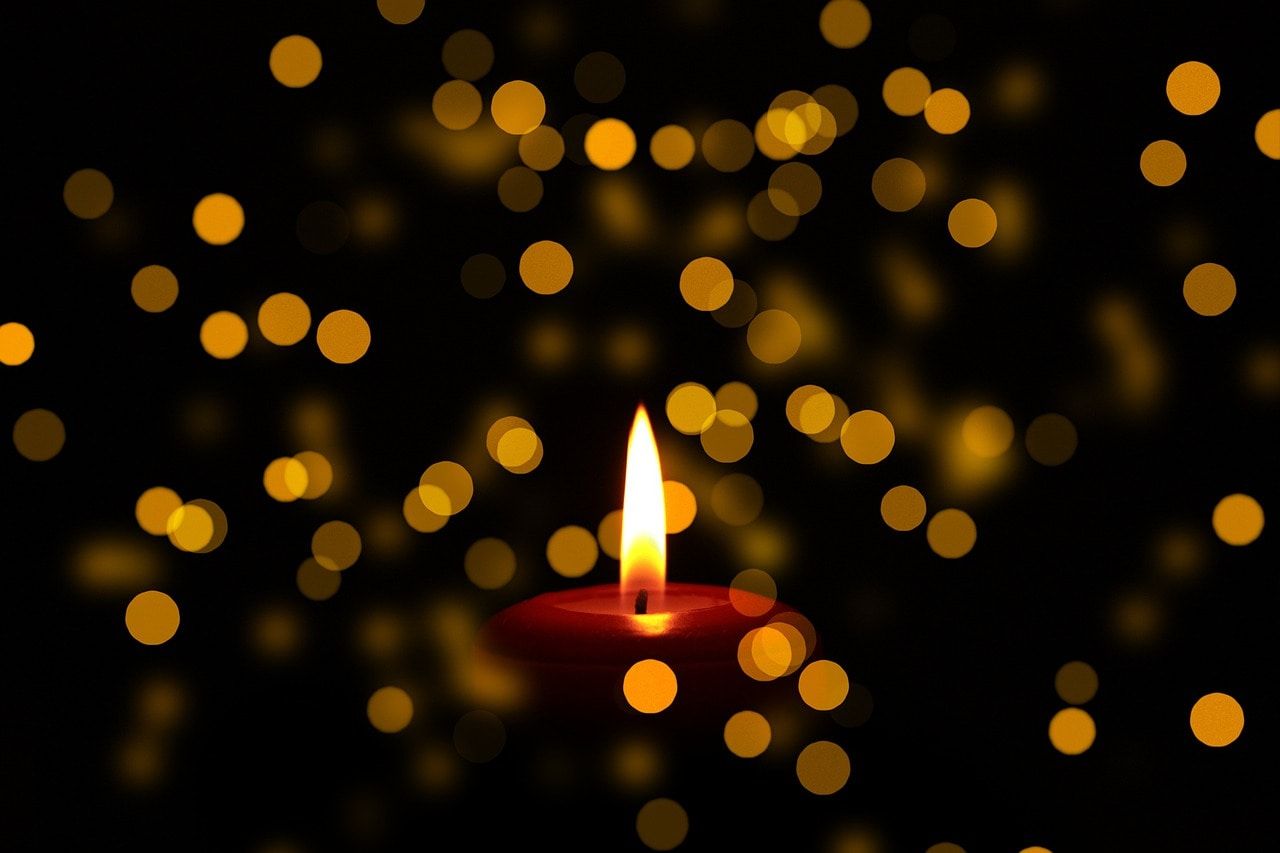Mourning the Loss of Our Destructive Behaviors

By Michael Arndt, Alumni Coordinator, CAST Centers
Follow Michael on Instagram: @michaelcastcenters
Usually when we think of loss and mourning, we think of losing someone we love. But there are more kinds of loss than just the kind we experience when we lose someone close to us. There is the kind of loss we experience when we shed behaviors we have used to insulate ourselves from discomfort or a relationship that has run its course or is no longer healthy. It turns out, loss presents itself in similar ways, regardless of what we are mourning the loss of.
It can even be true for giving up drinking or drugs, self-harm, lying, or lashing out in anger. All of these can, for some people, serve the same purpose: to help us deal with feelings we have a low tolerance for. When we start the road to recovery, we actively work to lessen our engagement in these behaviors or rid them from our lives entirely. In doing so, we are often confronted with feeling “torn.” On one hand we know that these behaviors/addictions are destructive, and on the other hand, we cannot imagine life without them.
We also often mourn the loss of our behaviors and addictions. We go through stages where we miss it terribly, even when it is harmful to us. We will avoid going to places that remind of us it, just like we might when we have lost a person or ended a relationship. Some people, especially in early sobriety cannot eat certain foods without thinking too longingly of the drink they used to have with it.
It is also common to go through a phase where we try to bargain and justify, like by saying we’ll only drink wine instead of liquor, or only binge once a week, or self-harm without puncturing skin. Not unlike people do when they lose someone and try to bargain with God or the universe. Making all manner of promises and oaths to have the person brought back or to be able to see them one last time.
When we think of the bonds we create, we almost always view them as bonds between other people. But we also form very close and intimate bonds with our destructive coping mechanisms. They occupy huge parts of our minds and our lives, and over time we become just as attached to them as we do to family, partners, and friends. This explains why they’re so hard to break. It requires a ton of patience and practice and leaning on others to process the experience. It is a relationship, and when we start to view it as a relationship, it becomes easier to speak about, and to say goodbye to.



